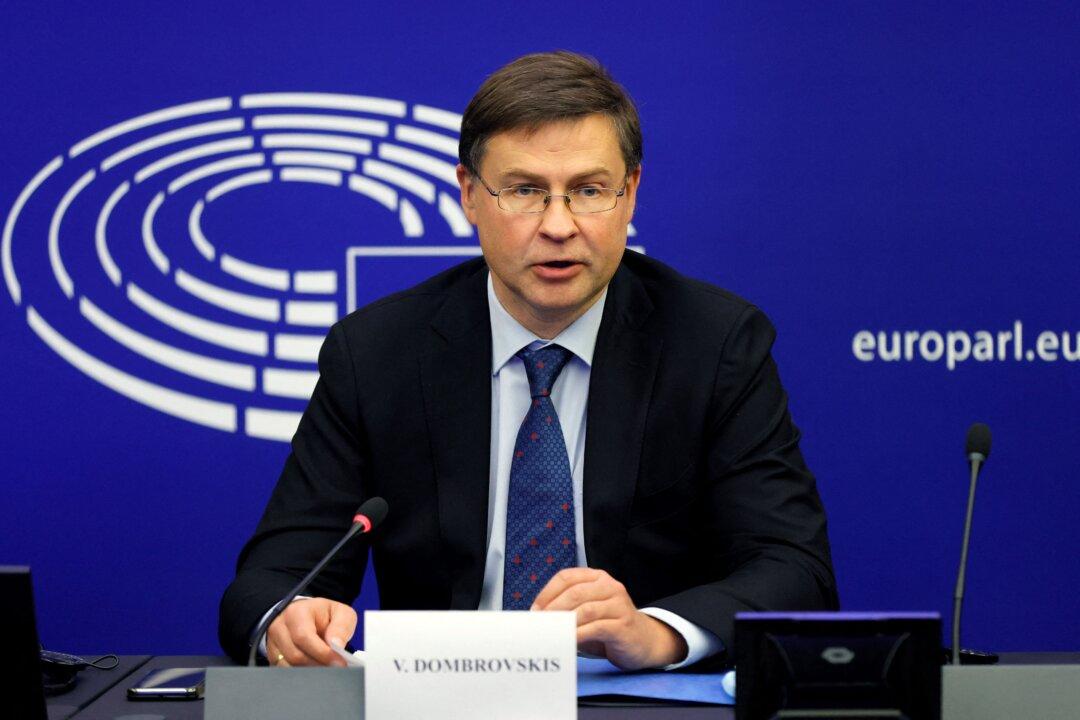The European Union filed a complaint on Jan. 27 in the World Trade Organization (WTO) against communist China over discriminatory trade practices on behalf of its member state, Lithuania, regarding its relationship with Taiwan.
The move comes after China has launched what has come to be a literal economic embargo and a restriction of services against the small Baltic nation last month.





